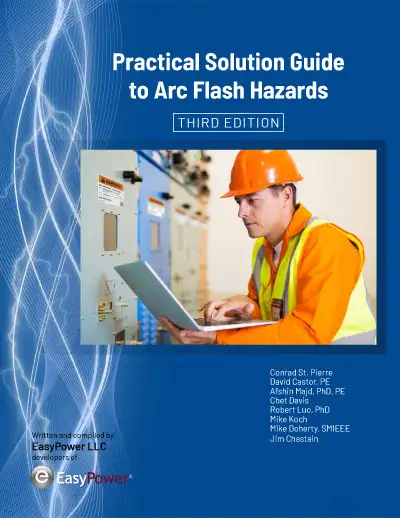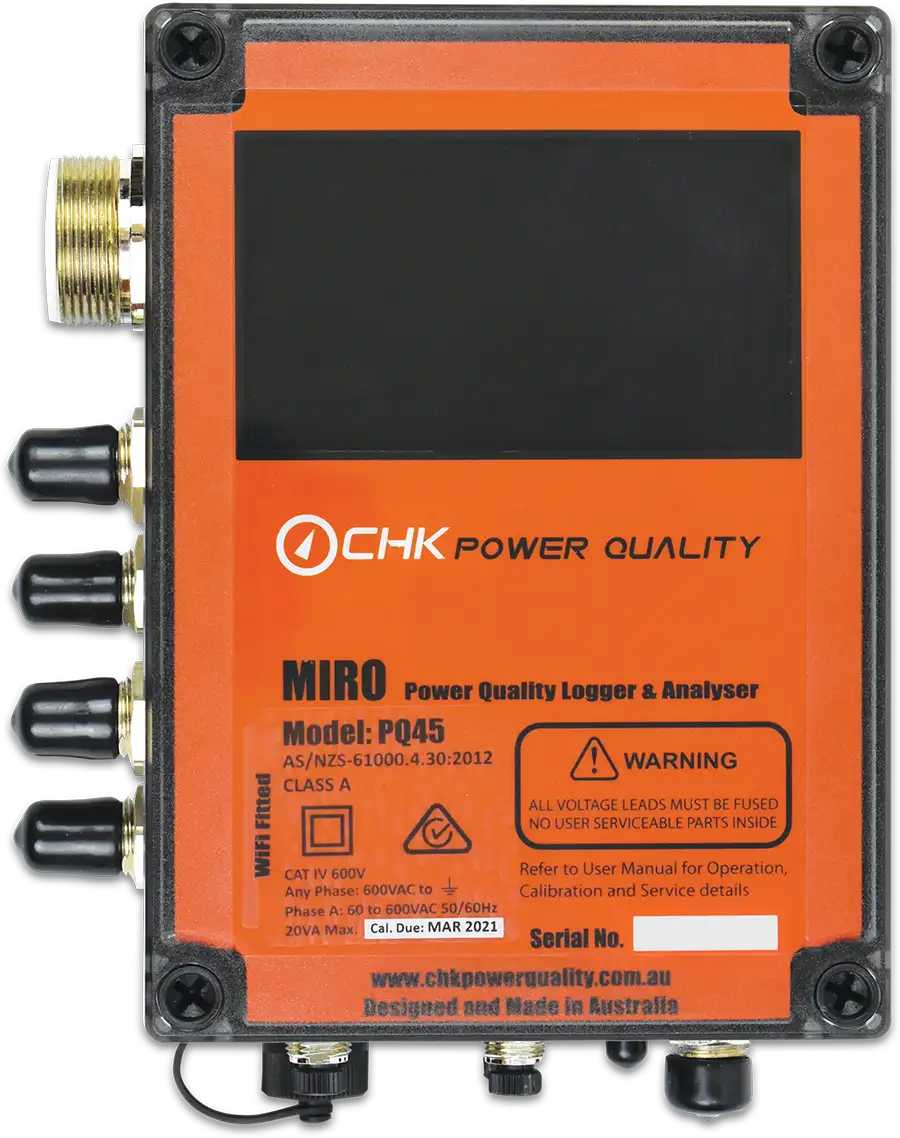Which of the Following Statements Regarding Electrical Safety is Correct?
By R.W. Hurst, Editor

Arc Flash Training - CSA Z462 Electrical Safety
Our customized live online or in‑person group training can be delivered to your staff at your location.

- Live Online
- 6 hours Instructor-led
- Group Training Available
Which of the following statements regarding electrical safety is correct? Proper grounding, lockout/tagout, PPE, and arc-flash boundaries mitigate shock and burn hazards while ensuring OSHA/IEC compliance in high-voltage systems.
Which of the Following Statements Regarding Electrical Safety Is Correct?
Correct: De-energize, lockout/tagout, test for no voltage, use PPE, and ground.
✅ Always de-energize and apply lockout/tagout before servicing.
✅ Verify absence of voltage with a calibrated tester.
✅ Use appropriate PPE and maintain equipment grounding and insulation.
Electrical safety is a critical aspect of workplace safety, especially in environments like healthcare, where both healthcare workers and patients are at risk. Understanding and adhering to proper electrical safety practices can prevent accidents and injuries. This article examines several statements about electrical safety to determine which is correct and provides essential tips for maintaining electrical safety. For a broader overview, see general electrical safety guidelines that contextualize these risks and controls.
Evaluating Electrical Safety Statements
To address the question, "Which of the following statements regarding electrical safety is correct?" let's evaluate each statement: Understanding key electrical safety facts helps frame why certain statements are correct or incorrect.
-
Do not roll equipment over electrical cords because it can damage the cord.
This statement is correct. Rolling equipment over electrical cords can cause significant damage, leading to potential electrical hazards. Damaged cords can expose wires, resulting in short circuits or electrical fires. Healthcare workers must be especially cautious to prevent internal disasters and ensure patient safety. You can reinforce this practice by reviewing practical electrical safety tips applicable to everyday equipment handling.
-
It is acceptable to use a plug with a loose or broken pin as long as the device works.
This statement is incorrect. Using a plug with a loose or broken pin is dangerous, even if the device works. A loose or broken pin can cause poor electrical connections, overheating, and increased risk of electrical shocks or fires. Ensuring all plugs are intact and secure is vital for maintaining electrical safety.
-
Adaptors that convert three-pin plugs to two-pin plugs are safe to use.
This statement is also incorrect. Adaptors that convert three-pin plugs to two-pin plugs can bypass important safety features like grounding. Grounding is crucial for preventing electrical shocks, especially in healthcare settings where sensitive equipment is used. These adaptors should be avoided to ensure safety.
-
Equipment should be unplugged by pulling the cord, not the plug.
This statement is incorrect. Unplugging equipment by pulling the cord can damage the cord and the internal connections of the plug, leading to potential electrical hazards. The correct practice is to unplug equipment by firmly grasping and pulling the plug, not the cord, to prevent damage and maintain safety. This habit aligns with standard electrical safety procedures that aim to minimize strain and fault conditions.
Based on the evaluation, the correct statement regarding electrical safety is: "Do not roll equipment over electrical cords because it can damage the cord."
Sign Up for Electricity Forum’s Arc Flash Newsletter
Stay informed with our FREE Arc Flash Newsletter — get the latest news, breakthrough technologies, and expert insights, delivered straight to your inbox.
Additional Electrical Safety Statements
Let's consider some other important statements regarding electrical safety:
-
Always turn off the power before working on electrical circuits.
This statement is generally correct. Turning off the power before working on electrical circuits prevents accidental electrical shocks and is a fundamental safety practice. Following defined procedures to protect against electrocution further reduces risk during maintenance tasks.
-
Water is a good conductor of electricity.
This statement is correct. Water conducts electricity well, increasing the risk of electrical shock when working with electrical equipment in wet conditions.
-
Use the right tools and equipment for the job.
This statement is correct. Using appropriate tools and equipment ensures that tasks are performed safely and efficiently, reducing the risk of accidents.
-
Electrical outlets near sinks and water sources should have ground fault circuit interrupters (GFCIs).
This statement is correct. GFCIs are essential for preventing electrical shocks in wet areas by quickly shutting off power if a ground fault is detected.
Key Electrical Safety Practices
Here are some additional key practices to ensure electrical safety: These fundamentals underpin electrical safety in the workplace and support a culture of prevention.
-
Prevent Contact with Live Electrical Currents: Avoid working near exposed live parts greater than 50V. Maintain a safe distance and ensure all panel doors are shut.
-
De-energize Equipment and Use Lockout/Tagout: De-energize exposed live parts before work and follow Lockout/Tagout procedures to isolate electrical energy safely.
-
Ensure Safe Use of Electrical Equipment: Handle electrical cords properly, unplug cords by pulling the plug, avoid overstretching cords, and inspect for defects.
-
Install Physical Barriers Around Electrical Hazards: Use physical barriers to protect against contact with exposed wires and ensure cabinet doors on electrical panels are closed.
-
Beware of Conductive Tools and Cleaning Materials: Assume all electrical parts are live and avoid using conductive tools and materials near live parts.
-
Use Caution with Flammable Materials: Do not use electrical equipment that can cause ignition near flammable vapors, gases, or dust unless properly isolated.
-
Follow Company Electrical Safety Practices: Adhere to specific electrical safety work practices outlined by your company to ensure overall safety.
Understanding and implementing proper electrical safety practices is essential for preventing accidents and ensuring a safe working environment. The statement "Do not roll equipment over electrical cords because it can damage the cord" is correct among the evaluated statements. By following additional guidelines such as turning off power before working on circuits, using appropriate tools, and installing GFCIs near water sources, we can further enhance electrical safety. Adhering to these practices protects both personnel and equipment from electrical hazards, ensuring a safer workplace for everyone. Additionally, observing proven electrical safety precautions can help teams audit and improve their programs.







